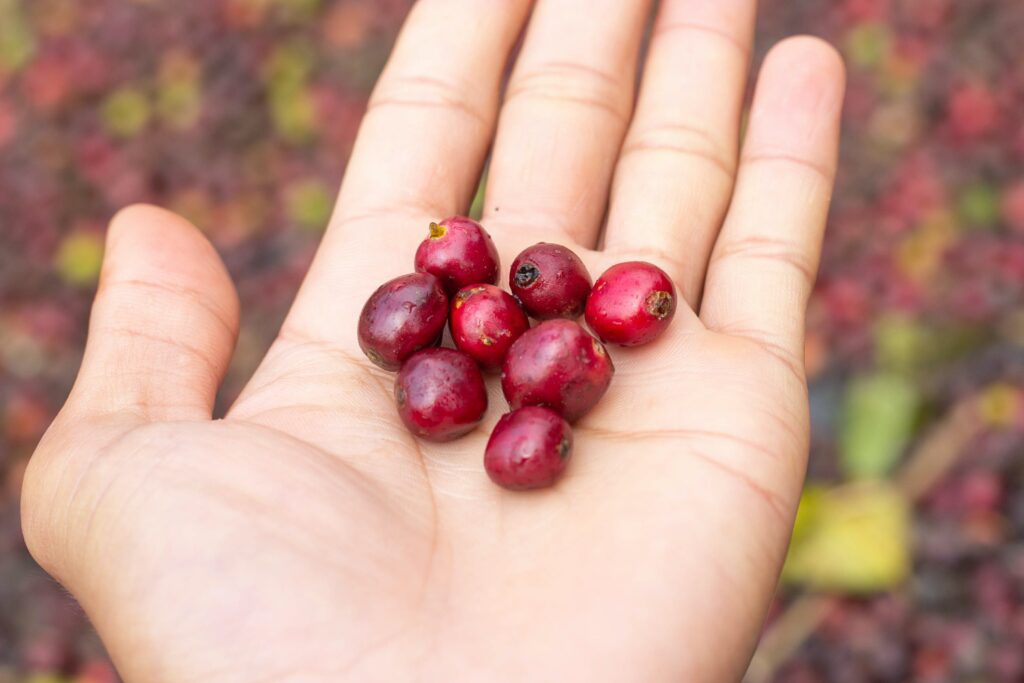Blueberries get all the glory when it comes to boosting memory and cognitive function. But according to a new study, cranberries may be edging out the berry competition when it comes to brain health.
Researchers from the UK-based University of East Anglia found that freeze-dried cranberry powder taken daily for 12 weeks significantly enhanced memory, neural functioning, and brain perfusion (blood delivery to the brain). The placebo-controlled trial, published in Frontiers in Nutrition, involved 60 cognitively healthy older adults.
“Past studies have shown that higher dietary flavonoid intake is associated with slower rates of cognitive decline and dementia. And foods rich in anthocyanins and proanthocyanidins, which give berries their red, blue, or purple color, have been found to improve cognition. Cranberries are rich in these micronutrients and have been recognized for their antioxidant and anti-inflammatory properties. We wanted to find out more about how cranberries could help reduce age-related neurodegeneration,” says lead researcher Dr. David Vauzour.
Cranberries Also Reduce LDL Cholesterol
In addition to enhancing the memory of everyday events, scientists observed that those consuming cranberry powder (equivalent to 1 cup of fresh cranberries) exhibited better circulation of glucose, oxygen, and other important nutrients for cognition. Participants’ in the cranberry group also experienced a significant reduction in LDL cholesterol levels, important for cardiovascular health.
“During our analysis, we also observed a significant decrease in LDL cholesterol following cranberry intake, along with a trend in total cholesterol decreases. Such results are in agreement with a previous study demonstrating that cranberry supplements were effective in reducing atherosclerotic cholesterol profiles, including LDL cholesterol and total cholesterol levels,” say the study authors.
Conclusion
These findings are, however, certainly encouraging that sustained intake of cranberry over a 12-week period produced significant improvements in memory and neural function in older adults who were cognitively healthy. Future studies investigating whether these changes translate to a clinical population of cognitively impaired adults in the context of neurodegenerative conditions such as mild cognitive impairment or dementia are warranted based on these results. Determining whether these changes are sustained following the cessation of intake, for how long, and to what degree would also be of interest. Replication of this study in a larger sample size might also produce more robust results.






